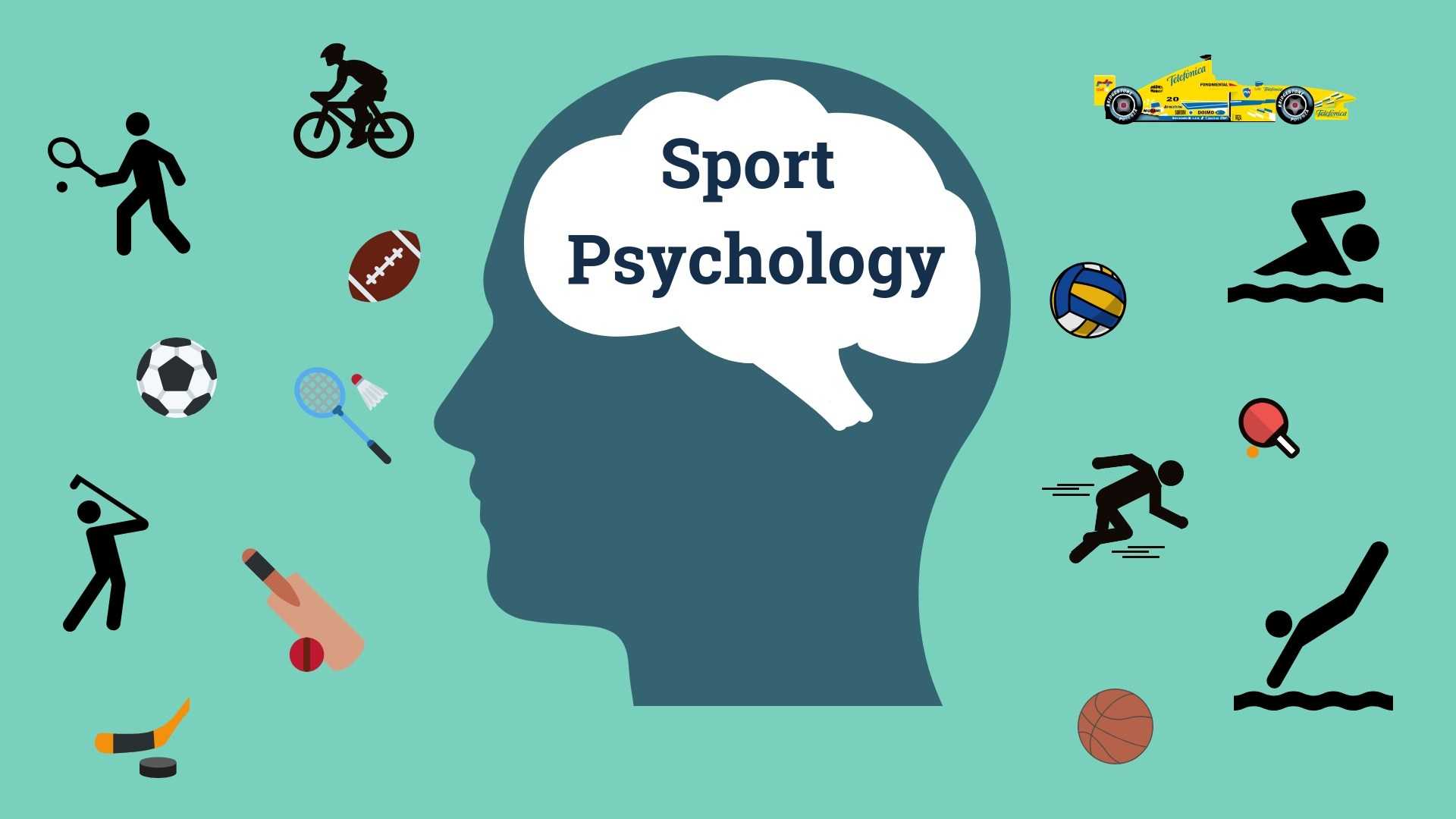“The mind is absolutely instrumental in achieving results, even for athletes. Sports psychology is a very small part, but it’s extremely important when you’re winning and losing races by hundredths and even thousandths of a second.” Micheal Johnson
Psychology is a study of mind and behaviour and it has its applications in various facets of life and branches out in many different directions . When we talk about psychology and its branches, many come to our minds ranging from Clinical psychology, Cognitive psychology, Developmental psychology, Health psychology, Neuropsychology and lots more.
But there is one more field, named SPORTS PSYCHOLOGY, which was not tapped upon until a few years ago and is gaining its recognition and significance in the present. As more and more professional teams and sportsmen are understanding the importance of mental factors in sports and seeking psychological guidance, the branch of Sports Psychology is expanding and growing with time.
Sports psychology is a field that focuses on how psychological processes influence athletic performance. It investigates and studies the role of the mind and mental variables in developing athletic abilities and performance. Sports psychology deals with understanding how sports people think, feel and behave in different sporting situations, what situations trigger fear, anxiety or pressure, what mental processes help facilitate their performance, what practices improve their motivation and confidence,
comprehending how sportspersons react and respond to stressful training sessions and competitions etc.
A sports psychologist acts as a facilitator for a sports person’s performance. During the course of an athlete’s career he or she faces many different circumstances which may invoke lots of different emotions like fear, hopelessness, anxiety, performance
pressure, inferiority complex, disappointment,helplessness, and many others that tend to burden the player and negatively impact their performance. These emotions can really get to a player’s mind where he or she feels that there is no way out and starts to question his or her abilities and strengths.
Just as a coach works on the technicalities and skills of a player, a fitness instructor on the physical aspect, a sports psychologist has also a very key and vital contribution of attaining holistic development and improvement of players by strengthening and working on the mental factors.
IMPORTANCE OF SPORTS PSYCHOLOGY
- Sports psychology has really been a hot topic in the recent present, players at the peak of their performance and even the players striving towards their goal lean towards psychology to facilitate their performance and increase their chances of success.
- Psychological strength and control can really be the differentiating point between a successful and a struggling athlete. The way a player conducts himself or herself mentally before, during and after the competition has a lot of significance.
- There are many unnoticed and ignored mental aspects which are very important in terms of achieving your goal. Sports psychology is a foundation which taps upon those unrecognised aspects and works towards them.
- Confidence building, stress management, effective teamwork, motivation enhancement, all of these are steps that make up a ladder for success. Due to lack of awareness of these intricacies, all these factors have not been given importance and much weightage.
“Physiologically, you may be fine but mentally fatigued athletes find the same task much more effortful” (Dr. Samuele Marcora)
The above quote gives us a glimpse of how our performance is a by-product of how we are mentally at that point of time, what our mental conditioning is irrespective of the physiological condition. If we take an example of two players competing against each other with the same sets of technical skills and physical fitness, it all comes down
to how well the player manages his or her emotions and handles stressful situations. One may win just because of how calm, composed, collected and fearless he or she was. While the other may be so mentally fatigued that he or she loses mental control and strength to face the task at hand.
→ Sports psychologists help athletes progress and improve their performance by working psychological variables affecting their performance. They implement and design a variety of activities and strategies accustomed to specific players depending on their needs and requirements. They use visualisation and imagery, positive self talk, many breathing and meditative exercises, and lots of other techniques as a part of their sessions.
→ Sports psychologists aim towards helping athletes cope challenging situations that they come across in their journey, be it returning to the field from a massive injury leading to self doubt, be it coping from successive failures, be it maintaining composure after a big win and working with the same focus and dedication, be it waking up every morning and kick starting the day with motivation and aim, be it handling the pressure stemming from performing in front of a large audience.
Therefore, Psychology plays a very important role in sports. It has now become almost mandatory to throw spotlight on sports psychology and consider it as a necessary and inseparable part of a player’s journey.
Blog by an Intern, Ms. Mahika Dixit


